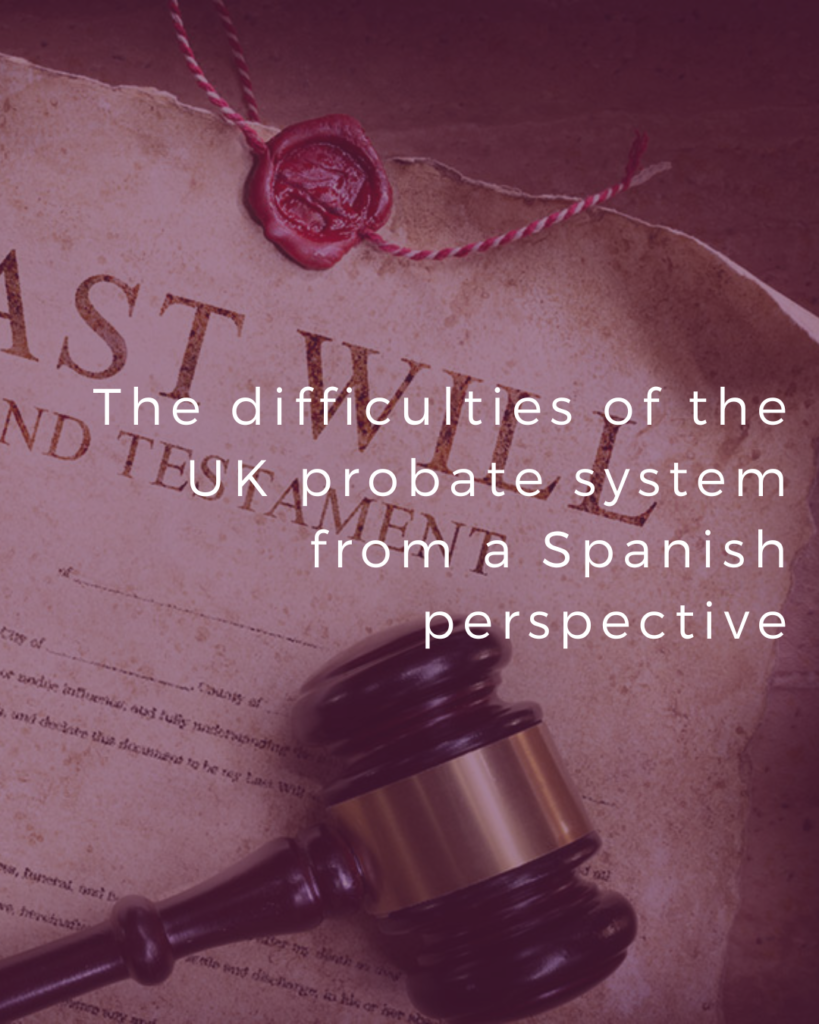The OECD is trying to resolve some of the classic international tax issues in the context of the digital economy. Welcome to the OECD 2.0
Since 2013 the OECD’s BEPS (Base Erosion and Profit Shifting) is combating international tax fraud with a true multilateral tax reform proposal in a paper called “Action Plan on Base Erosion and Profit Shifting”. Following that, the European Commission incorporated BEPS through Directive 2016/1164.
The BEPS project focuses on 15 actions and Del Canto Chambers Tax Team will analyse the most salient issues in a series of articles, starting with a summary of the main points in the 15 actions.
- Address the tax challenges of the digital economy:
Today it’s difficult to talk about an economy that is not digital, as digitization extends to almost every aspect of the market. The main challenges facing the tax authorities are those related to the physical location of the companies and understanding where the taxable benefits are produced.
The new regulation tries to reach consensus on a multilateral basis to localise business operations, a complex task that will require constant adaptation to technological challenges,
- Neutralise the effects of hybrid mismatch arrangements:
In all international M & A operations, hybrid mechanisms are used to combine equity and debt with the purpose to optimize the subsequent extraction of benefits via interest or dividend repayments using various treaties and countries.
The new regulations tries to consolidate procedures and rules to prevent the usage of multiple benefits simultaneously in several jurisdictions, and to reflect instead the real nature of each particular operation.
- Strengthen CFC rules:
This regulation, a classic in international taxation, originates in the Anglo-Saxon world when tax legislation started to focus on the issue of CFC (Controlled foreign corporations).
The purpose of the CFC legislation and BEPS was and will be to continue limiting the use of SPV or special purpose vehicles created with the sole purpose of eroding the tax base.
- Limit base erosion via interest deductions and other financial payments.
- Counter harmful tax practices more effectively, taking into account transparency and substance.
- Prevent treaty abuse.
This measure seeks to combat treaty abuse, such as the establishment of subsidiaries or associated companies in countries with low taxation, the creation of SPVs or artificially shifting income to reduce taxes depending on the treaty, known as “treaty-shopping” or the search for the most favourable tax treaty combination.
- Prevent the artificial avoidance of PE status:
Closely linked to the digital economy is the growing phenomenon of virtual businesses trying to remain non-resident in the territories in which they operate. At the same time the tax authorities are trying to qualify them as “permanent establishments”, a key concept in international taxation referring to the rules that determine the actual presence of business activities of a company in their country.
- The actions 8-10 relate to transfer pricing
Transfer Pricing is another classic in international taxation and is further updated by BEPS by trying to ensure that the results of the prices charged between the different entities of the same business group are in line with the creation of real value in each jurisdiction
- Establish methodologies to collect and analyse data on BEPS and the actions to address it:
This measure seeks to establish methods for the collection and analysis of data on tax base erosion, profit shifting and measures to address these issues among member countries
- To require taxpayers to disclose their aggressive tax planning arrangements
- Re-examine transfer pricing documentation.
- 15 Make dispute resolution mechanisms more effective (friendly procedures) and develop a multilateral instrument for the implementation of the measures set forth.
This enormous work is aimed to reduce abusive tax practices of which, ultimately, citizens are victims.
If you want to discuss any of the issues related to BEPS and how it can affect your operations in the UK, Spain or Qatar, please contact us clerk@delcantochambers.com
Editorial staff @ Del Canto Chambers






